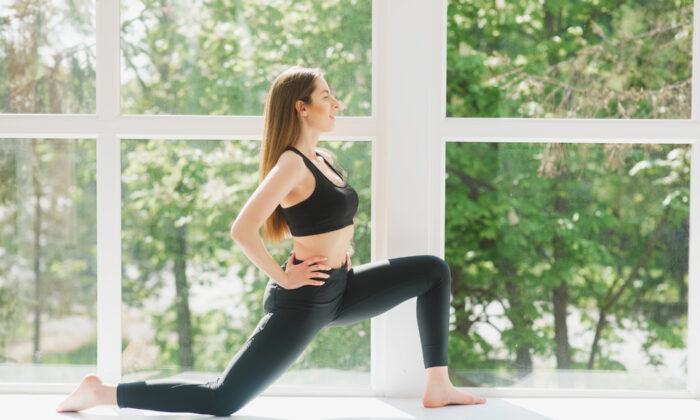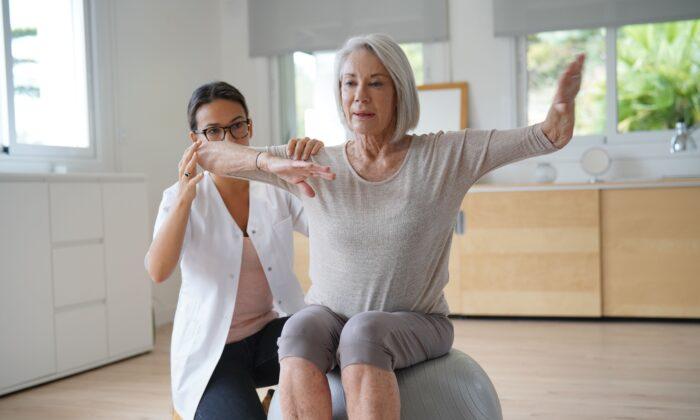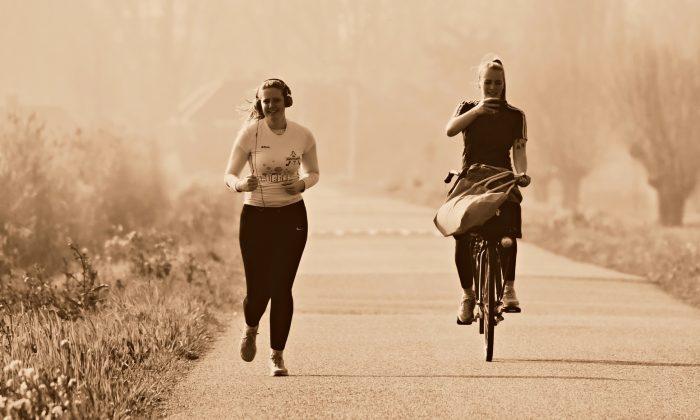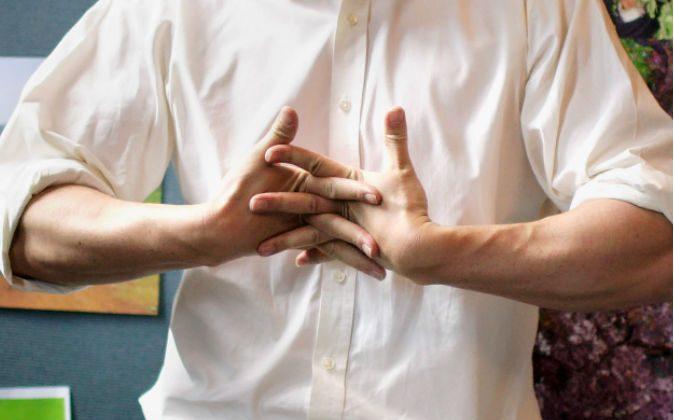Many older people find they’re not able to move as freely as they did when they were younger. They describe their movements as feeling stiff or restricted.
In particular, there’s a feeling of stiffness when getting out of bed first thing in the morning or after sitting for a long period. That eventually eases with movement as the muscles “warm up,” but it can be troublesome. There are a few reasons why this happens.
As we age, bones, joints, and muscles tend to become weaker. That stiff feeling is often our perception of the increased effort required to perform daily tasks.
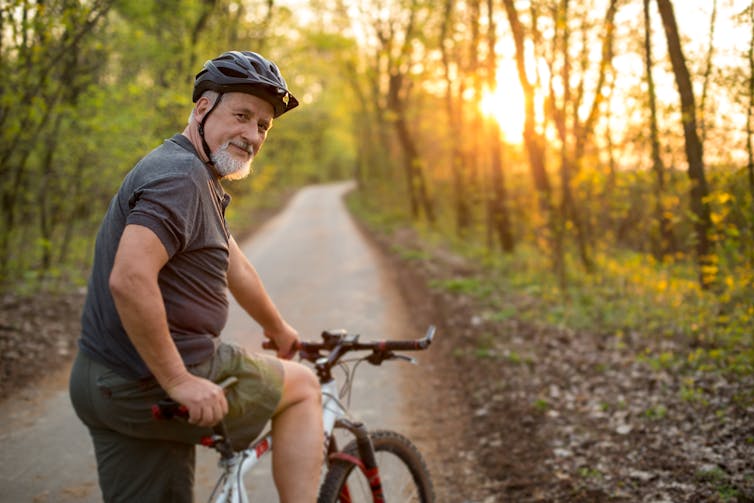
Move It or Lose It
As we get older, we tend to become less physically active. While that’s understandable and reasonable, reducing the amount we exercise by too much or stopping exercise altogether can exacerbate these age-related changes. Muscles need to be stimulated by physical activity in order to maintain strength and mass.Bones also need stimulation through loading to keep their density. Joints, too, need stimulation from movement to keep that feeling of stiffness to a minimum. And aside from our muscles and joints, the heart, lungs and circulatory system also need to be stimulated by exercise to maintain their ability to function optimally.
While there are many factors that contribute to this common feeling of restricted movement or stiffness, the most important action we can take is to move more. This can be achieved through a number of measures.
Becoming involved in a formal exercise or sports club is a great way to ensure that you continue to exercise regularly. Teaming up with a friend to meet for exercise, which could include aerobic activities such as running, swimming or walking, is another good way to make sure you get some exercise.
Resistance training also is important for muscles and bones. Moving the limbs through the entire range of motion of the joints is important for maintaining the ability to move freely and keep the muscles, tendons, and ligaments healthy.
There’s a lot of truth to the old adage “move it or lose it”: if we don’t keep moving, we lose our ability to do so. Exercise can be fun, and finding something enjoyable will help you to stick to it. The social interactions that come with exercising, particularly in groups or clubs, is an added advantage which also has mental health benefits.

